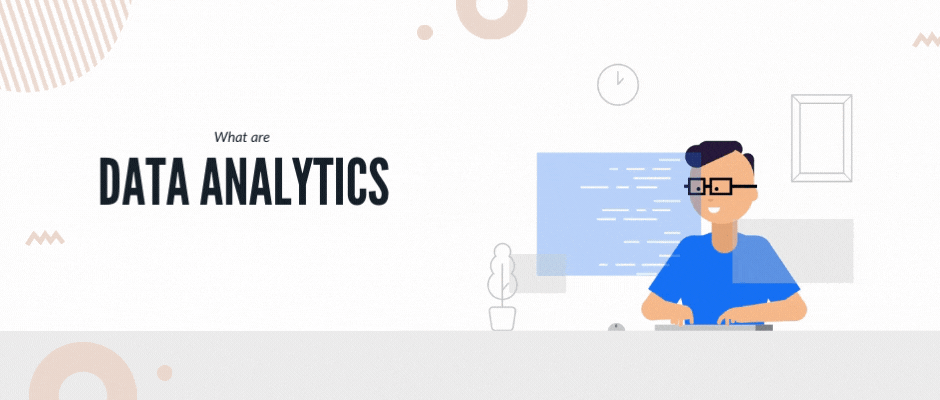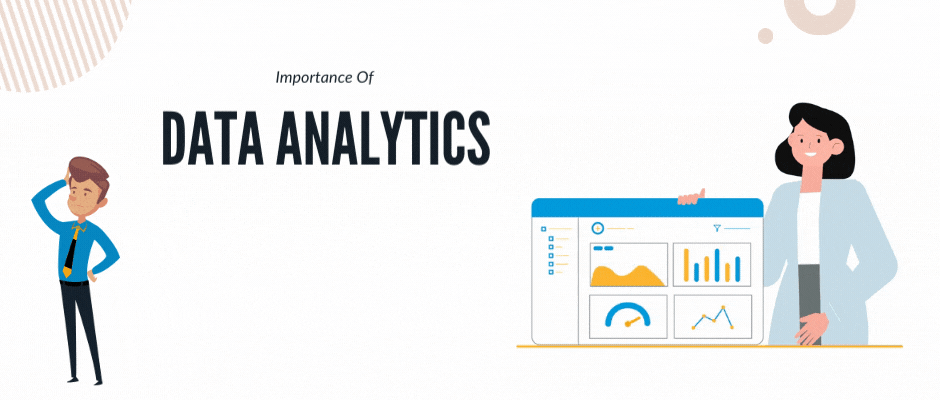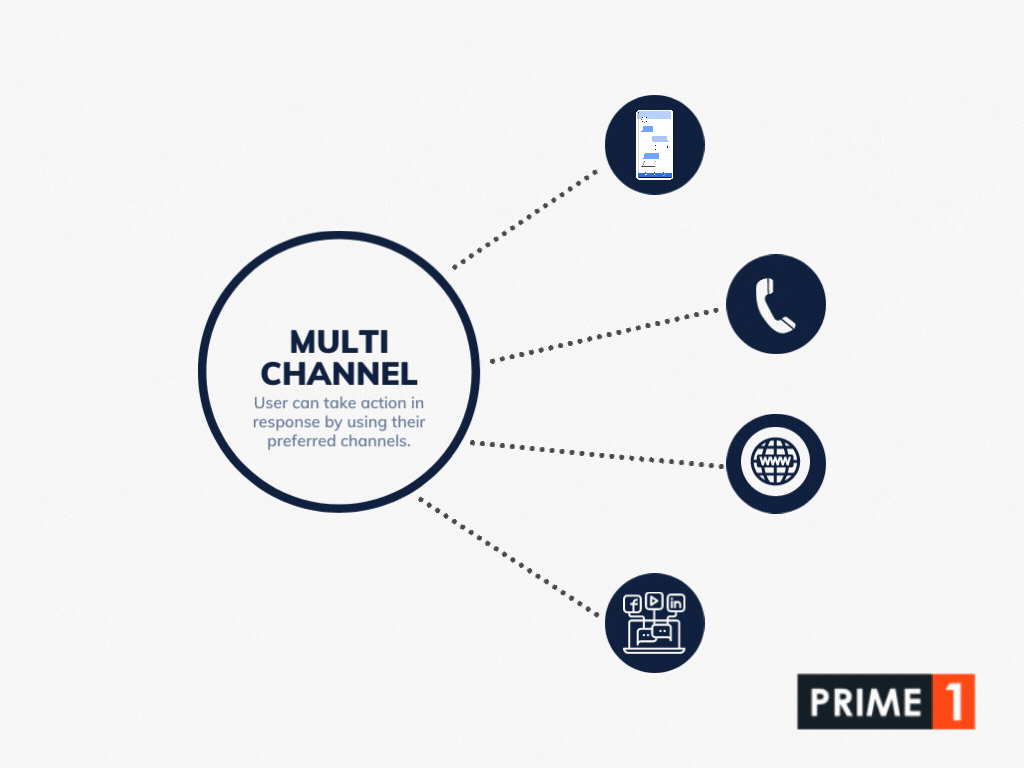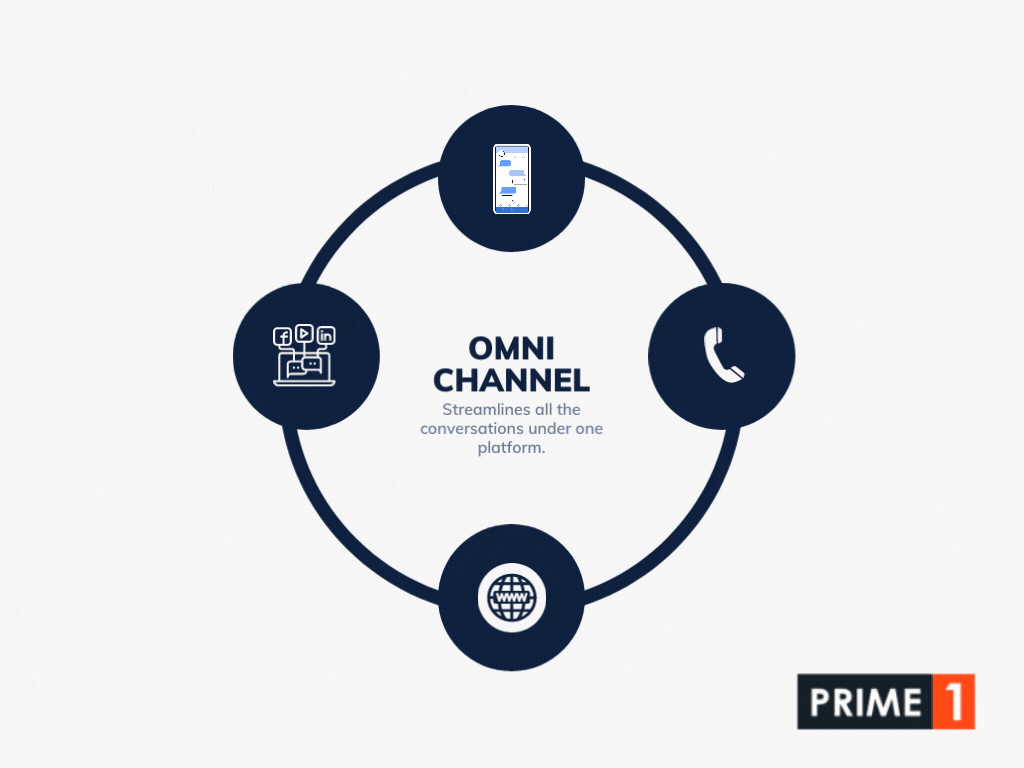Turning Data Analytics into Money: Use Data Analytics to Make More Money!
Data analytics techniques can help you find trends and metrics that would otherwise be lost in the sea of information. They can also help you make sense of the data. This information can then be used to improve the overall efficiency of a business or system. In all big businesses, the use of data analytics in business is an important part of strategic growth. This allows them to predict consumer trends and actions, make better decisions, and be more competitive.
What are Data Analytics?
Data analytics is important for businesses because it helps them improve their performance. Making it a part of the business model means that companies can help cut costs by looking for more efficient ways to do business and by keeping a lot of data.
Different Types of Data Analytics
Data analytics can be divided into four main types. Descriptive analytics talks about what has happened over a certain amount of time. Diagnostic analytics focuses more on why something happened than how it did. If you look at predictive analytics, you’ll see what is likely to happen in the near term. Finally, prescriptive analytics comes up with a plan of action.
✅Descriptive analytics – This is about what has happened over a certain amount of time. Have there been more views? Are there more sales this month than last?
✅Diagnostic analytics – This is more about why something happened. This requires more data and a little bit of guesswork. Are vegetable sales down because of the weather? Did that new marketing campaign help sales?
✅Predictive analytics – In the next part, we’ll talk about what is likely to happen in the near term. When it was hot outside, how did sales go? Many weather models say that this year will be hot, but not all of them.
✅Prescriptive analytics – This suggests what to do. As long as the average of these five weather models is above 58%, we should add an evening shift to check the quality of vegetables; add fertilizers and water at right time.
Who is Using Data Analytics?
People in a lot of different fields are now using data analytics. This is especially true in the travel and hospitality industry, where changes can happen quickly. They can get customer data and figure out where the problems, if any, are and how to solve them. There are a lot of structured and unstructured data in the healthcare field that can be used for data analytics to help make quick decisions. Similarly, the retail industry uses a lot of data to keep up with the changing needs of customers.
Why Data Analytics is Important?
It’s important for businesses to use analytics, from business apps to apps for people to use at home. Organizations get information from employees, other businesses, the industry, and real-world experience. After the data is chosen, it is analyzed and sorted by what is needed, and research is done to find out how people buy things and so on.
How Can Data Analytics Help You?
Data analytics is important for businesses because it helps them improve their performance. Companies can help cut costs by finding more efficient ways to do business if they put it into their business model. A company can also use data analytics to make better business decisions and figure out what customers want and don’t want, which can lead to new and better products and services that are better.
🟧 The following are a few ways people want to use data analytics.
🔹 Analysis of the business value chain
It’s possible to find out about the value chains that are already in your business through data mining. This is done in any business. The analytics would then show how the company can find the gold mine that will help it grow.
🔹 Industry Knowledge
Industry awareness is another thing you can learn about after you’ve looked at your results. It can show where your company will be in the near future and how strong the economy is now. You can make money before anyone else can.
🔹 Opportunities
Because the economy changes so quickly, Data Analytics gives the company data that has been analyzed. This allows them to look for more options before the time is up, so they can make more money.
🟧 Different ways that can be used in the processing of any set of data
🔹 Data Mining
Data mining breaks huge amounts of raw data into small, easy-to-read pieces. They also look for data group anomalies and figure out how data groups are linked together. Data mining is used in a lot of clinical trials to look at how people act in their data.
🔹 Text Analytics
Text analytics is used to make your phone’s auto-correct automatically and reliably correct when you write emails. It is a process in which algorithms are run through a lot of unstructured text. In this process, linguistic analysis, textual data pattern recognition, and spam filtering are all used to find important emails.
🔹 Data Visualization
It needs to be shown in order to be properly analyzed. Examples of data visualization are bars, histograms, tables, and pie charts, which show how data changes over time.
🔹 Business Intelligence
It turns data into information that a company can use. These findings are used to make plans for how to market and price products for the company. Heat maps, pivot tables, and other visual methods are used to make things easier to see.
Why Businesses Need to Use Data Analytics Today?
🔹 Product Development
Data analytics can both estimate how much information there is and look for it. It helps people understand the current state of the market or process, and it gives them a good foundation for predicting what will happen in the future. Data analysis helps businesses understand their current situation and make changes to their processing. This can lead to the need for a new product that meets market needs.
🔹 Target Content
In marketing campaigns, knowing what people want in advance helps them be more focused on the customers. It encourages advertisers to target their ads to a small group of people. That lets you see which clients are best able to respond to the new thing you want to do. When you don’t spend a lot of money to get someone to buy your product, you can get better results from your marketing efforts.
🔹 Efficiency in Operations
Data analytics is very important in marketing because it helps businesses streamline operations or get more out of their money. It helps to notice possible problems, avoids the waiting time, and takes action on them.
Conclusion
Throughout this article I mentioned what is data, different types of data analytics, who is using data analytics, why data analytics is important, how can data analytics help you, different ways that can be used in the processing of any set of data and why businesses need to use data analytics today. Using data analytics to make better decisions and figure out what customers want can also help a business. This can lead to new and better products or services that are more effective, which can help the company make more money. Hope you find this useful. If you enjoyed this article, share this with your friends!
Want to learn more about google analytics? Check out our forum.
Did you find the importance of data analytics listed in this article helpful? What is your favourite tool to monitor website traffic? Share them with us in the comment section below.









